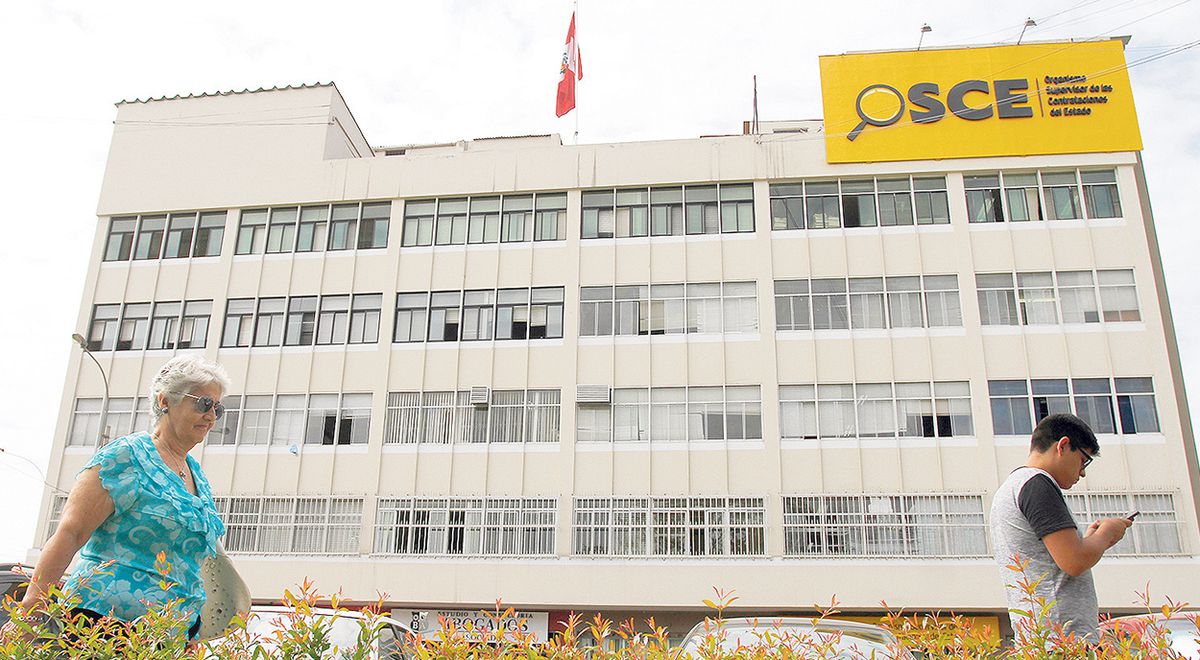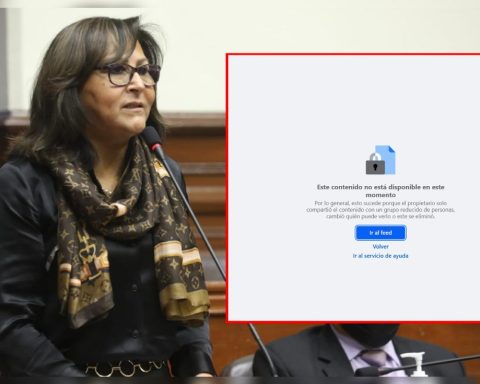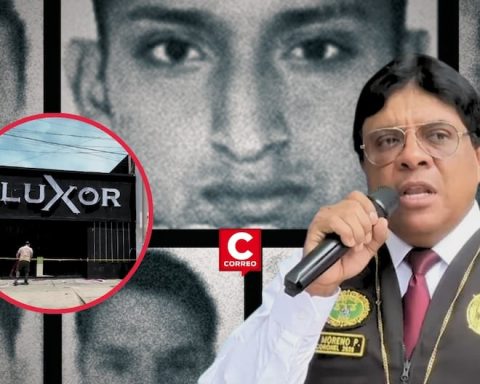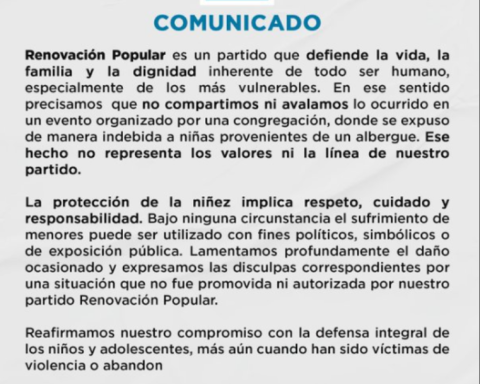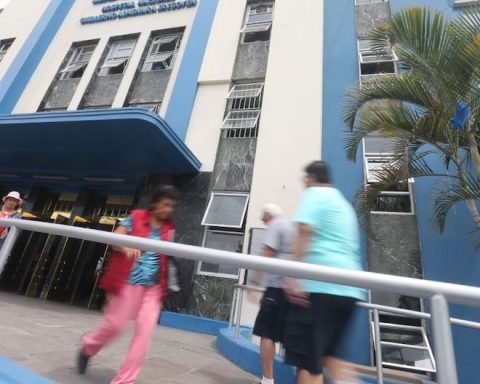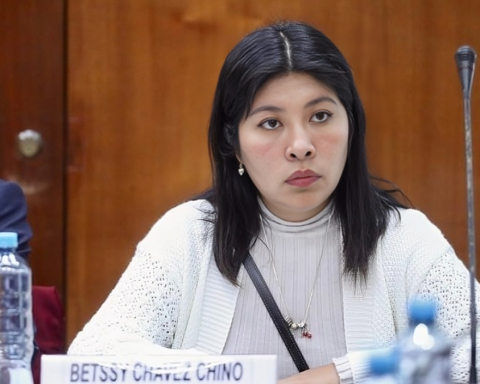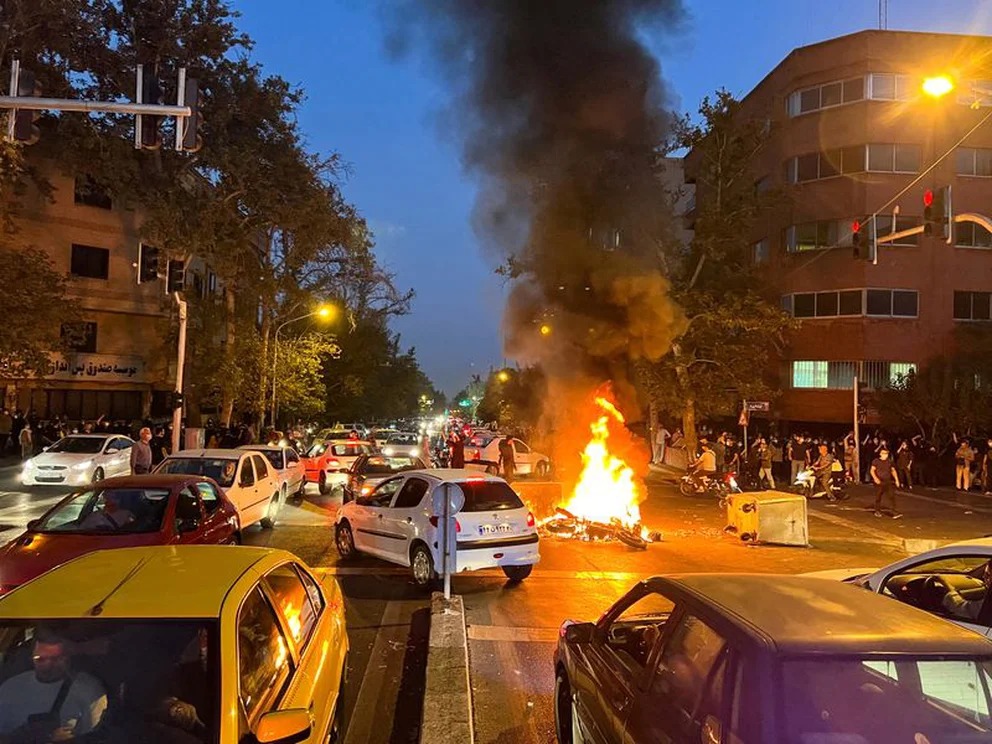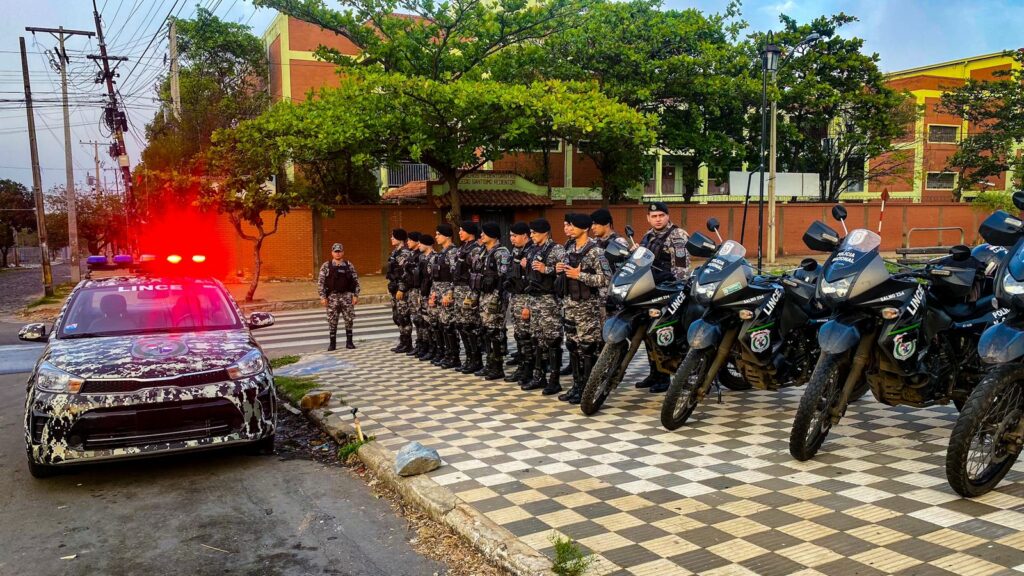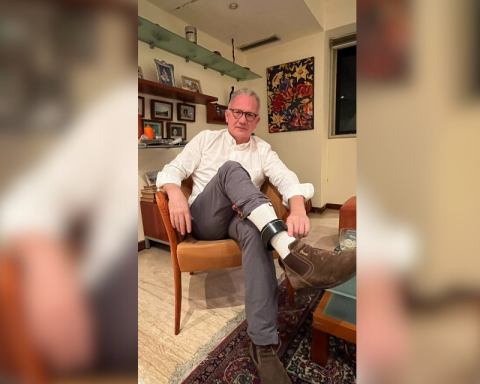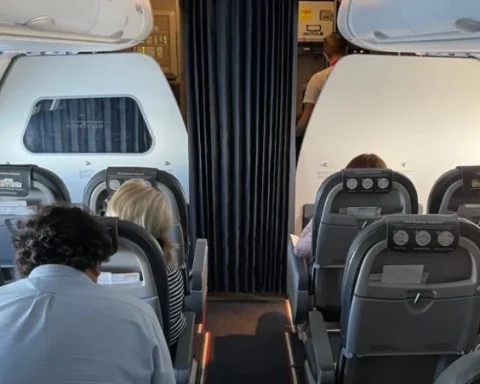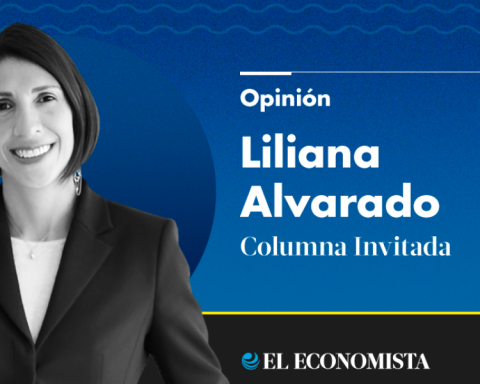The claim of the State Procurement Supervisory Body (OSCE) by sanction the La República Publicaciones Group for not contracting with the State has a political desire which is evident in the sanctioning resolution of September 7, 2022 of the Second Chamber of the State Contracting Court (TCE).
In recent days, the OSCE Courts have archived three of the 108 processes, but the intention to punish a media outlet for criticizing the government of the president peter castle stays active.
On September 7, the Second Chamber of the TCE of the OSCE imposed two sanctions on the newspaper La República. A four-month sanction for a contract with the Universidad San Agustín de Arequipa (UNSA) and another five-month sanction for a notice with the municipality of Islay-Mollendo. Both resolutions, signed by members Carlos Enrique Quiroga Periche, Olga Evelyn Chávez Sueldo and Daniel Alexis Nazazi Paz Winchez.
Recoil
On October 11, before a request for reconsideration, the same members annulled the five-month sanction, recognizing something that The Republicthe Judiciary and the Municipalities have said since February 2022. The contracts were made in the condition of Judicial Journal, provided for in the Organic Law of the PJ and the Law of Municipalities, for many years before Cornejo Mohme was Minister of State.
On October 13, the Third Chamber of the TCE annulled two other processes, so it is to be expected that for a minimum of fairness and rationality, most of the 108 processes for contracts with municipalities will be annulled.
Nevertheless, the OSCE maintains its political and corrupt intent. Moreover, in what appears to be a demonstration of power, unrelated to a technical body, in the resolution annulling the sanction, the members stand out in the summary: “in any of the cases (…), the sanction can be declared ex officio. nullity of administrative acts, even when they have been firm, provided that they offend the public interest or harm fundamental rights.
A legal article that they did not take into account when ratifying the four-month sanction, with the excuse that the appeal was presented in an extemporaneous manner. What is clear is that they seek to sanction this newspaper at any cost.
malicious process
The 108 sanctioning processes began with an opinion issued on December 30, 2021 by the Subdirectorate for the Identification of Risks in Direct Contracting and Excluded Cases (SIRE), which in its descriptive and argumentative part recognizes that the prohibition to contract with the State was only at the Ministry of Foreign Trade and Tourism.
But by copying the opinion to support the sanction, the members Quiroga, Chávez and Paz mutilate the reference to the fact that the prohibition was only within the sphere of competence of the aforementioned ministry. If they transcribe the entire paragraph, the OSCE and its members have no way of demonstrating that the newspaper La República transgressed the law. They mutilate the transcript to impose a political sanction.
Likewise, they forget the arguments of the Constitutional Court ruling of November 2020. This ruling reminds the OSCE that it must respect and not transgress the principles of freedom of competition, equal treatment, transparency, competition and integrity.
The persecution and sanction of the La República Group does not comply with these principles. The high concentration of media in Peru is widely known. By sanctioning La República, OSCE leaves only one major competitor in the national market.
Lack of legal arguments
The members Carlos Quiroga, Olga Chávez and Daniel Paz also do not substantiate why they deviate from the November 2020 TC ruling, in file No. 03150-2017-PA/TC and TCE resolution No. 0125-2021 -TCE-S3, January 2021.
In that ruling, the TC asked the OSCE to evaluate each case before applying Law 30225, so as not to affect constitutional rights. This is widely recognized in the OSCE resolution of January 2021. But Quiroga, Chávez and Paz only use two paragraphs to say that they have a different criterion than that of the Constitutional Court.
Resolution
Resolution of the Second Chamber of the TCE shows that it sought to punish a media outlet, La República, at any cost.
